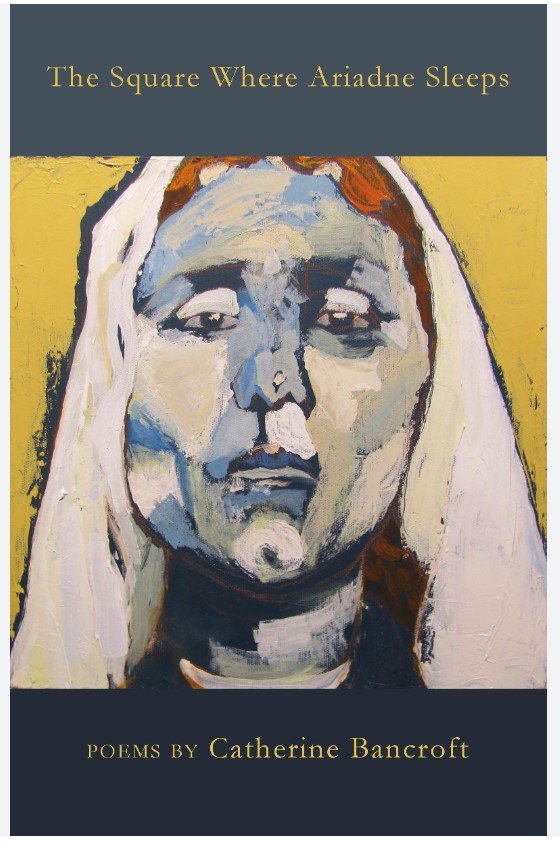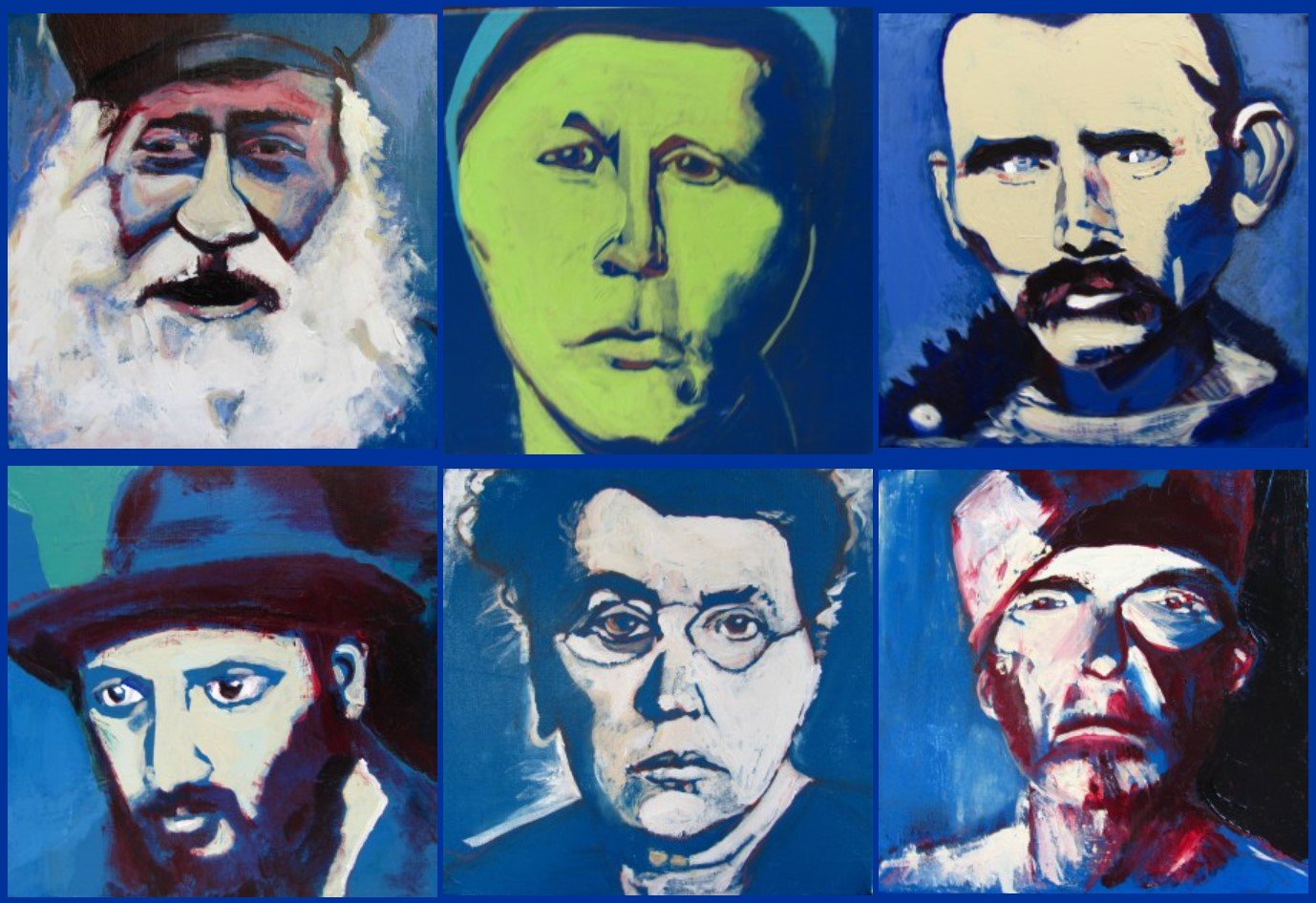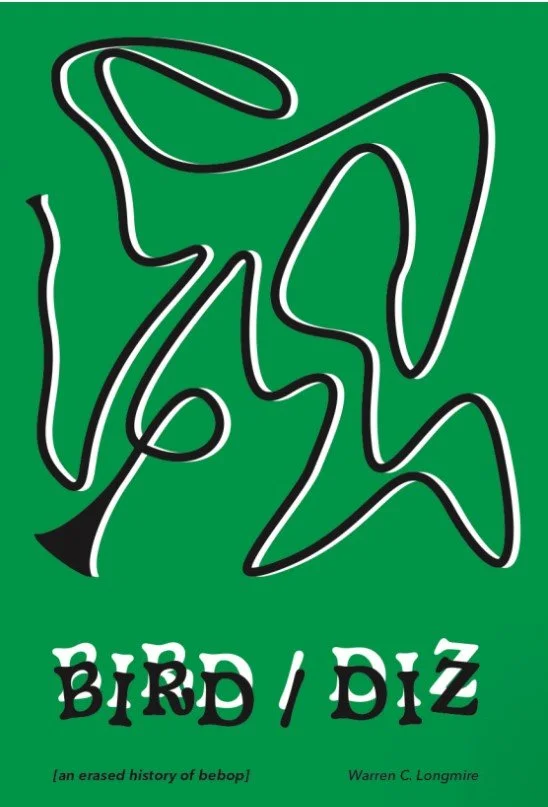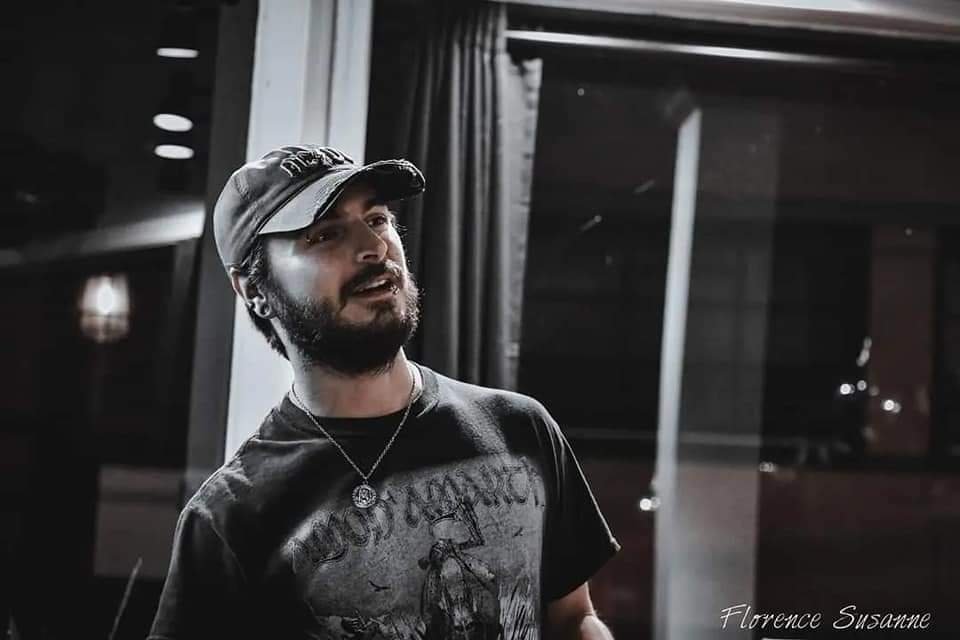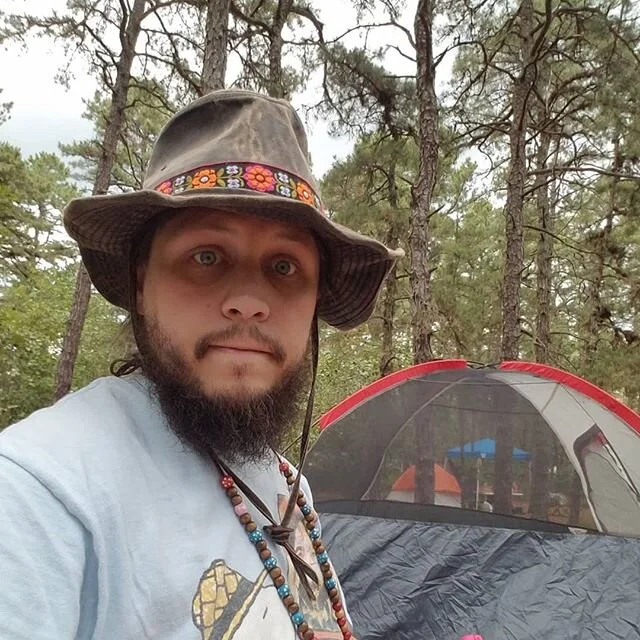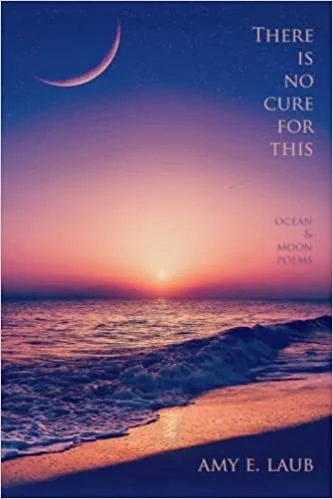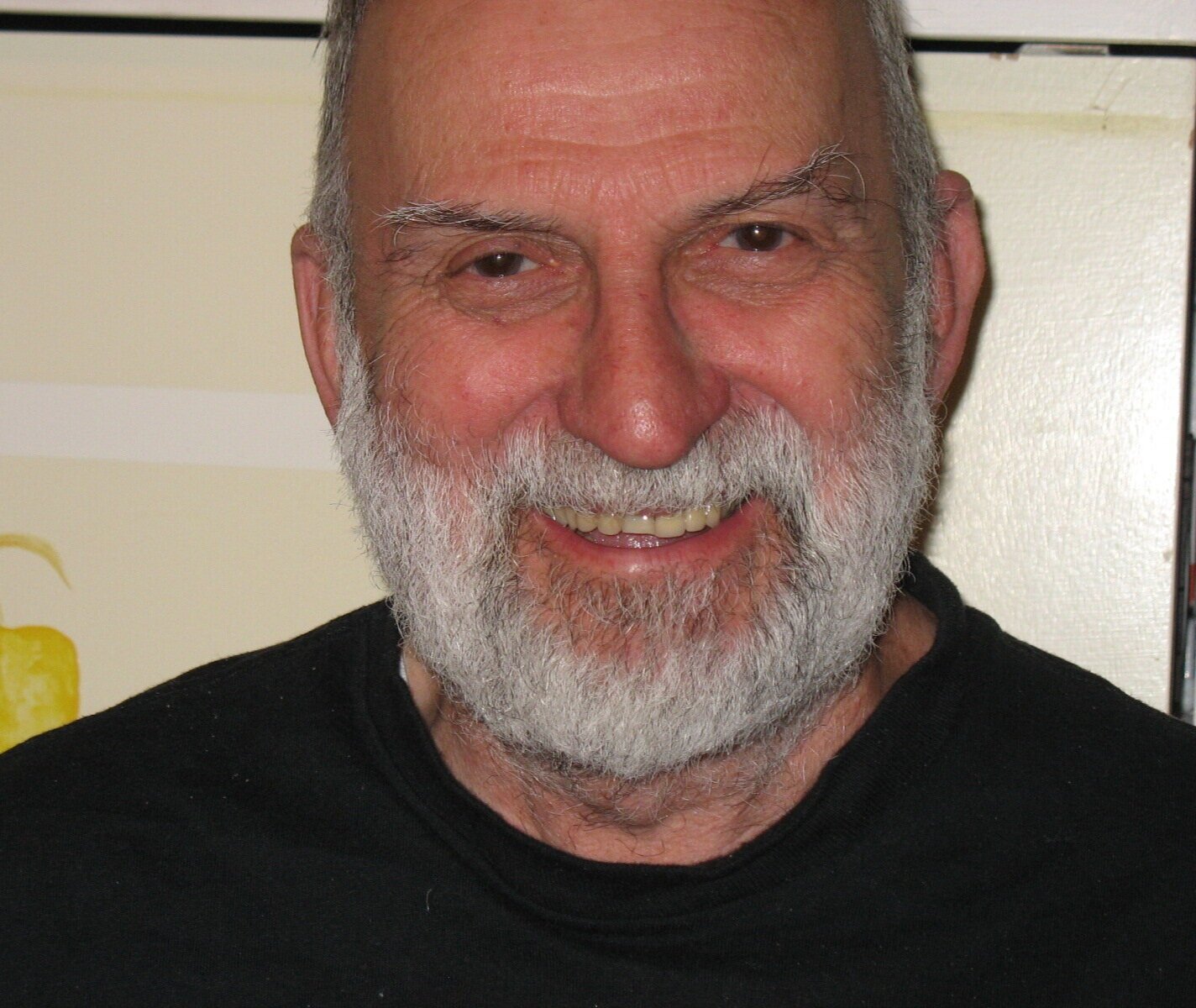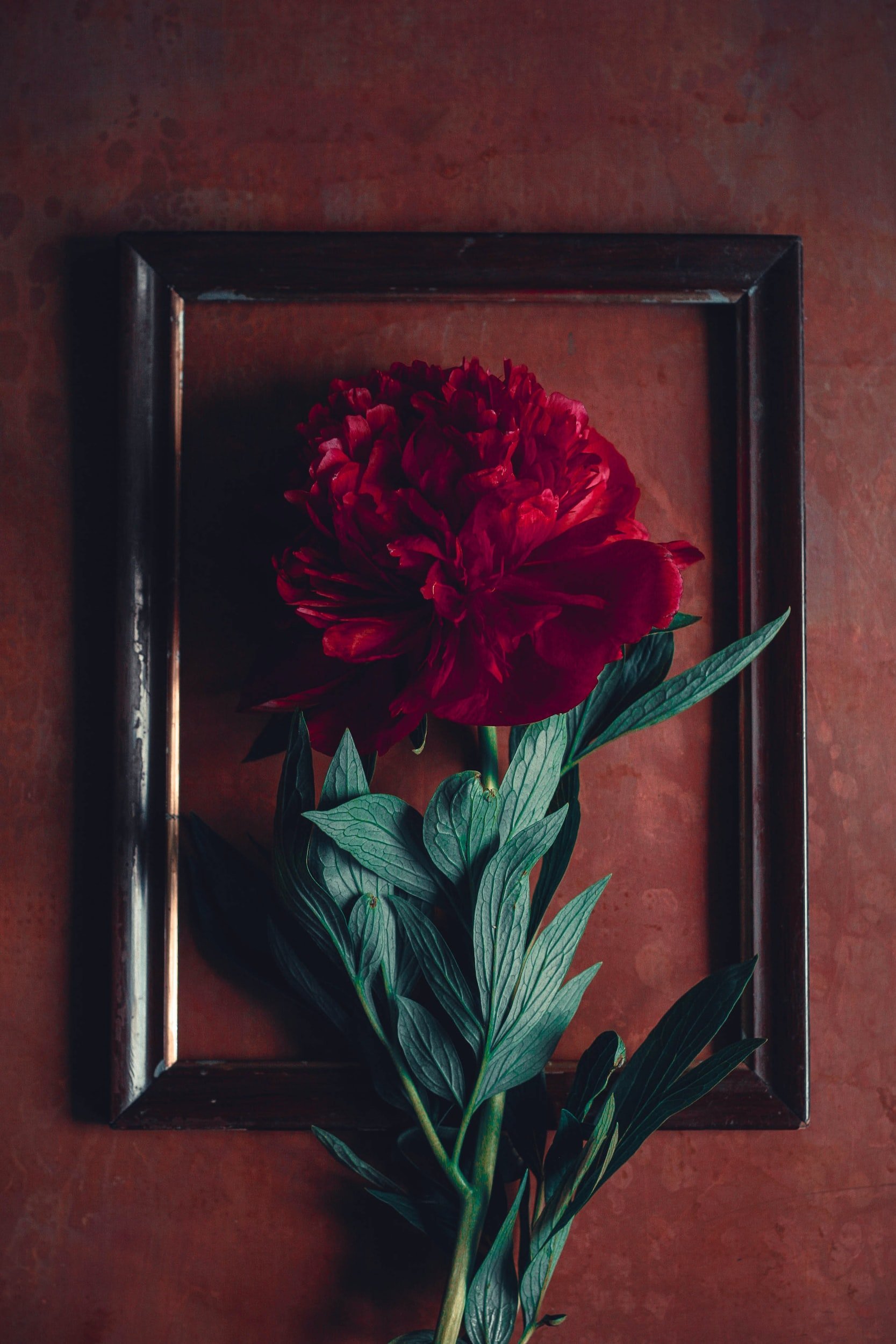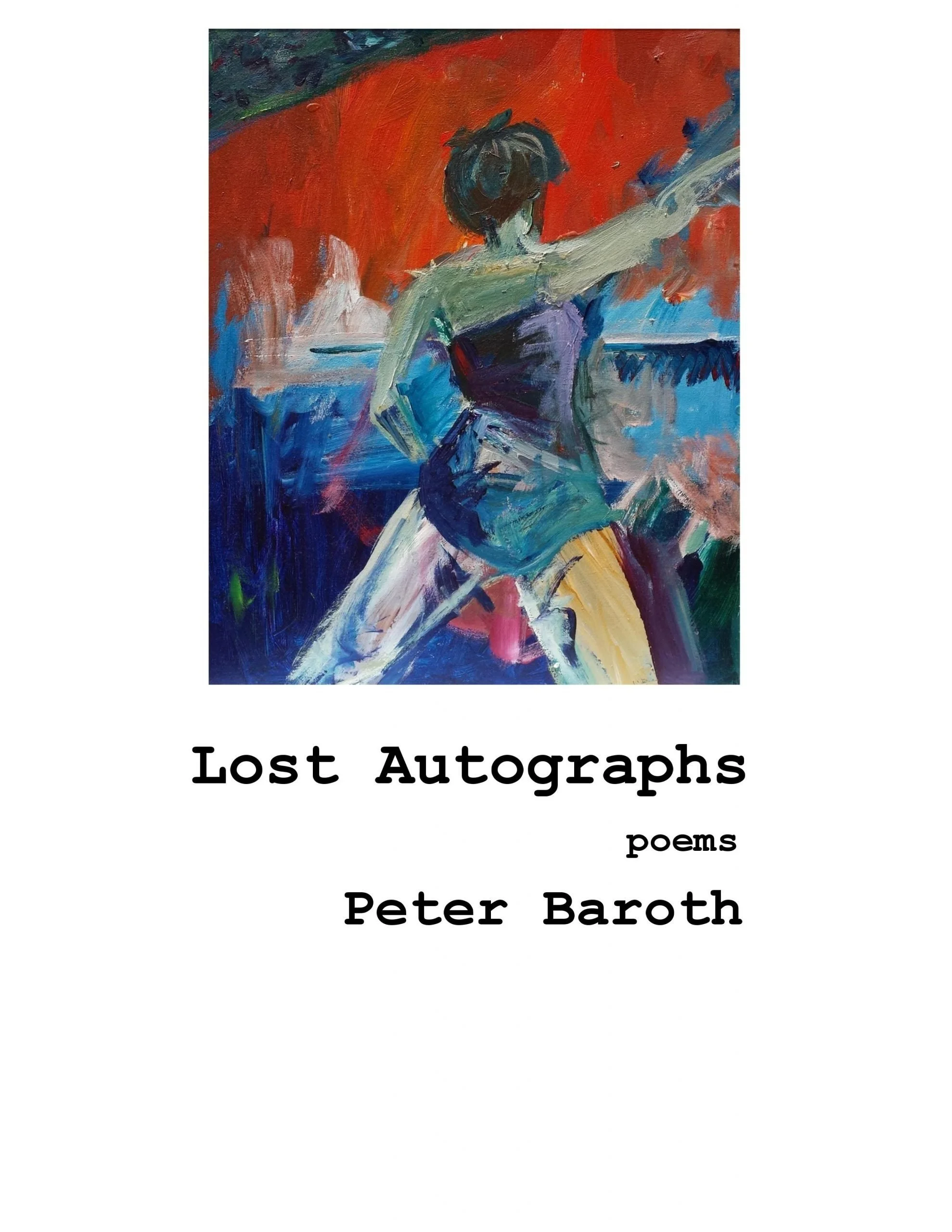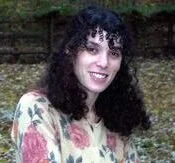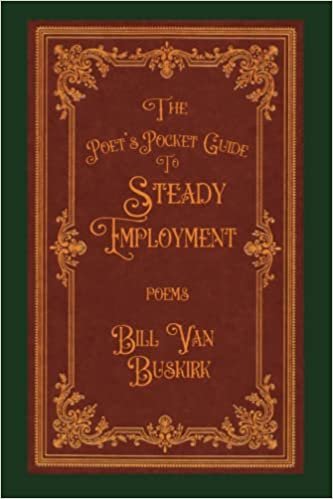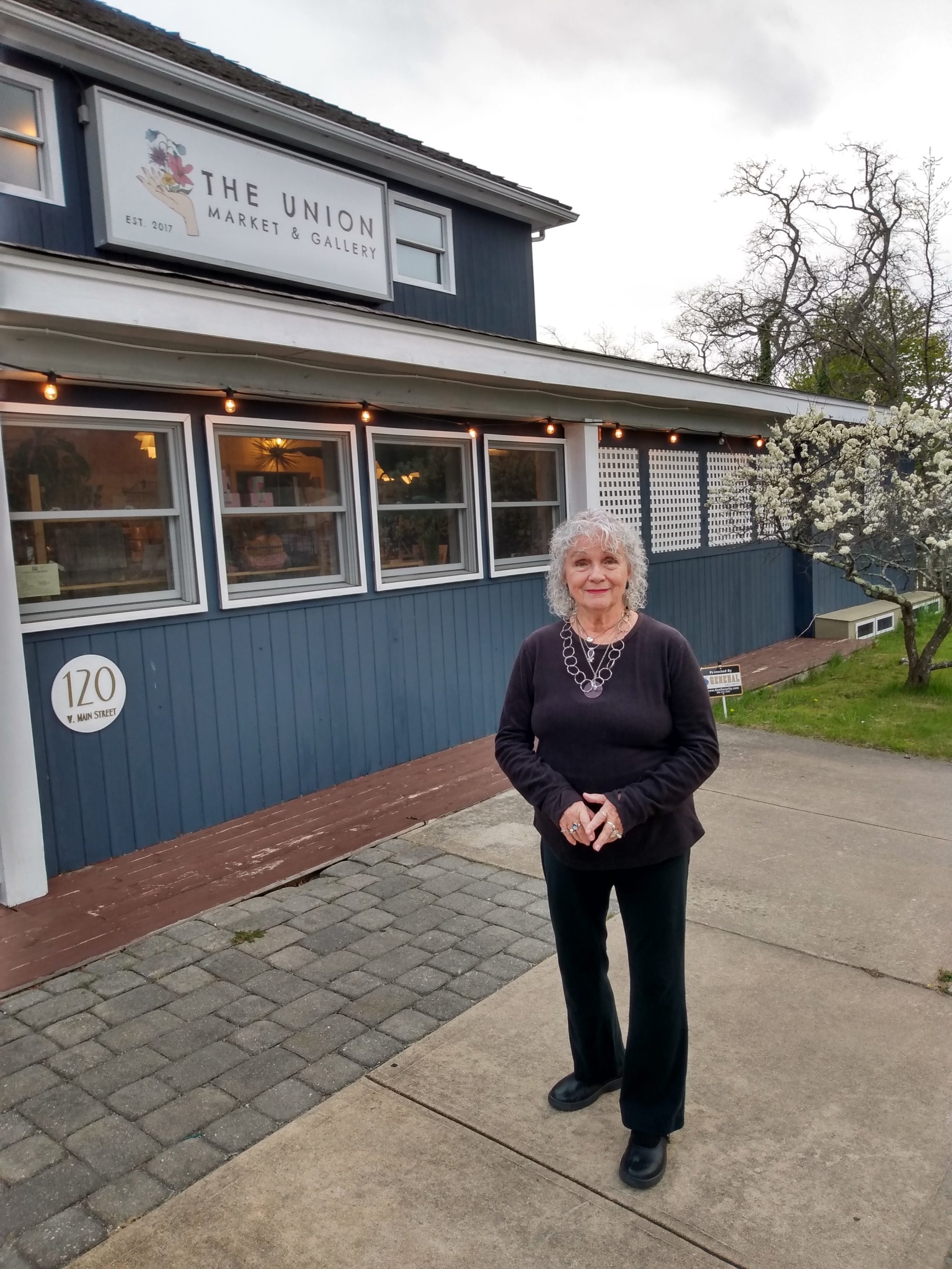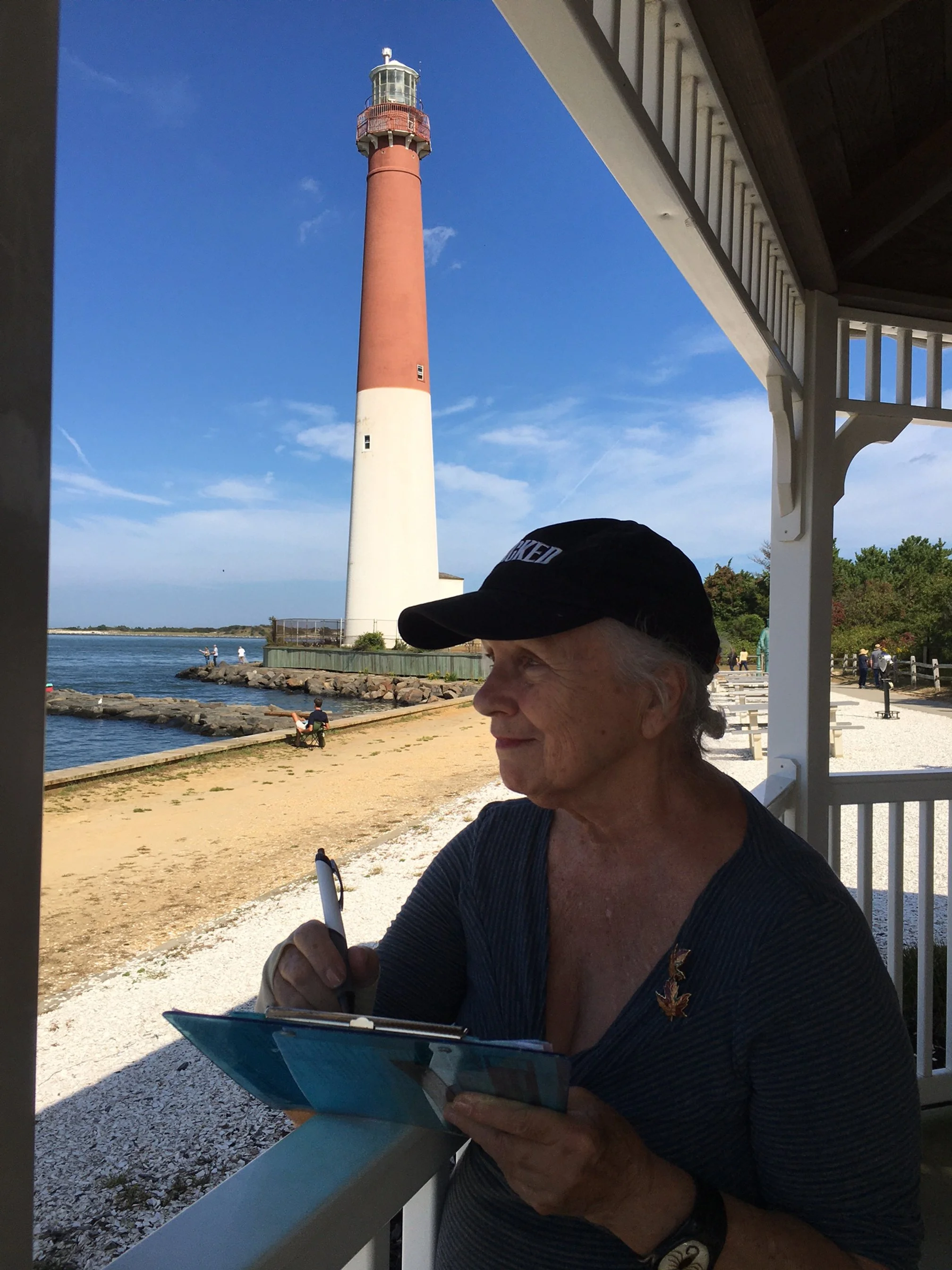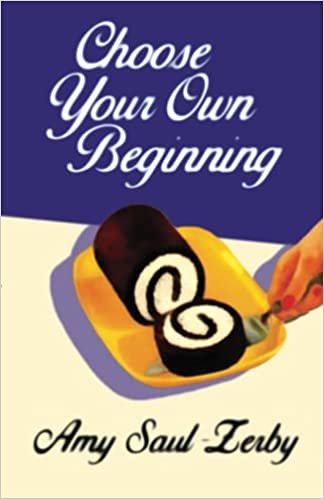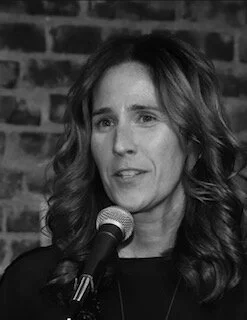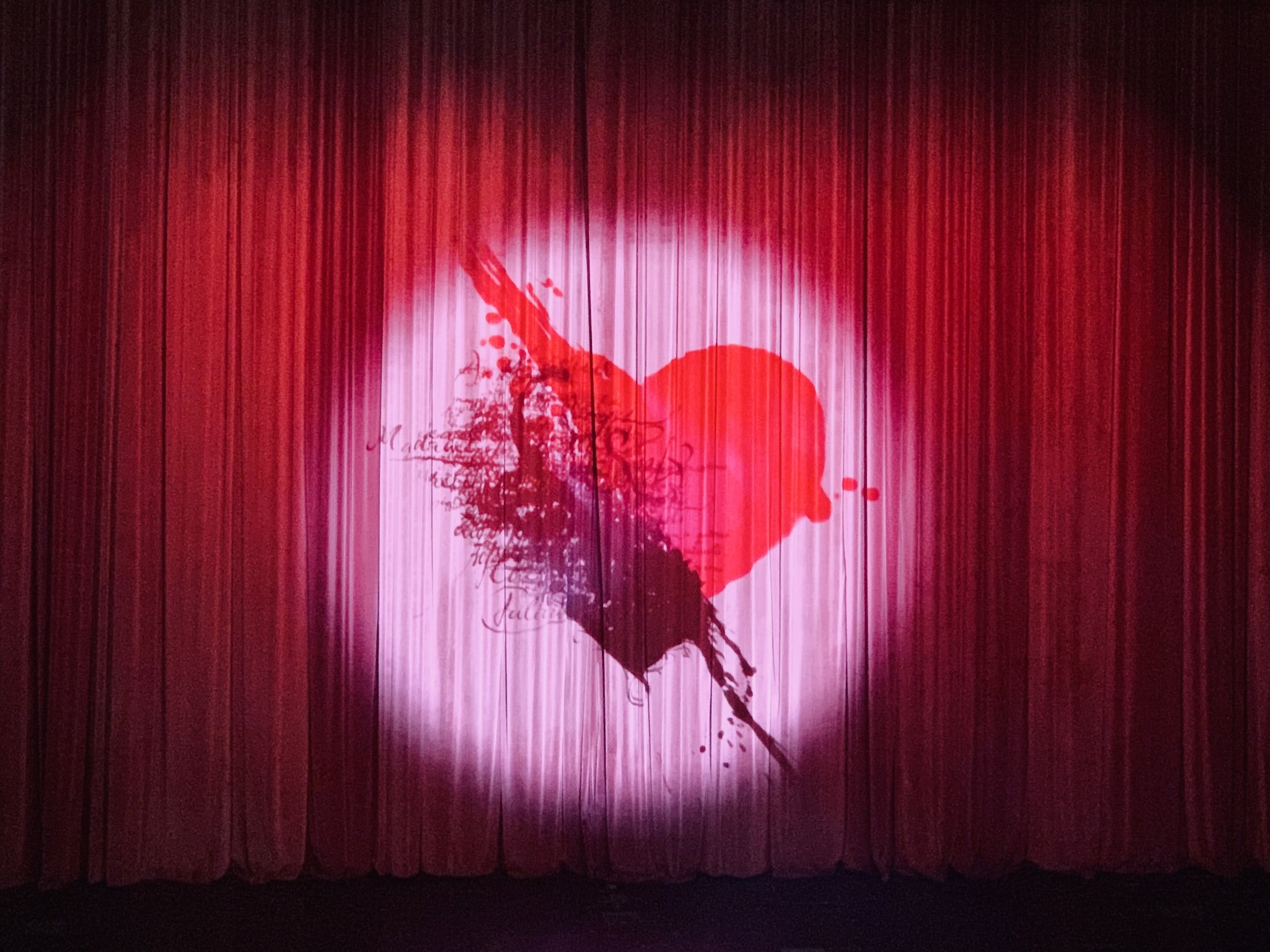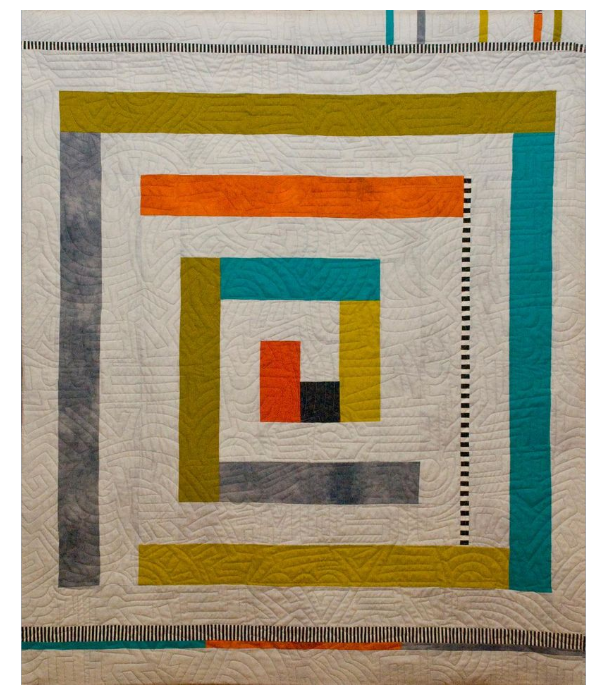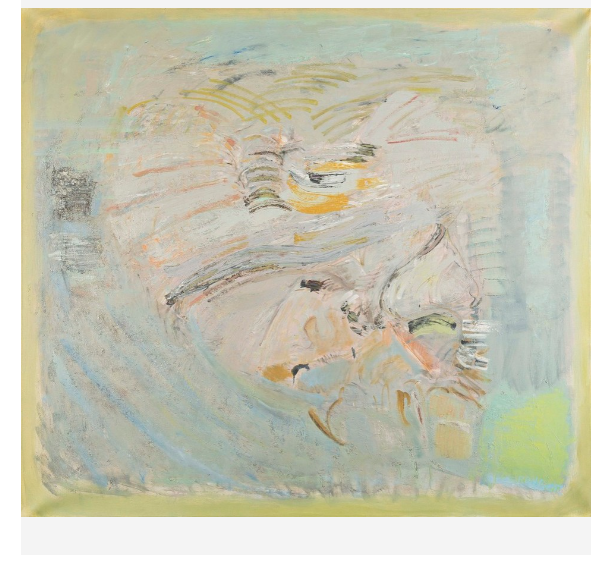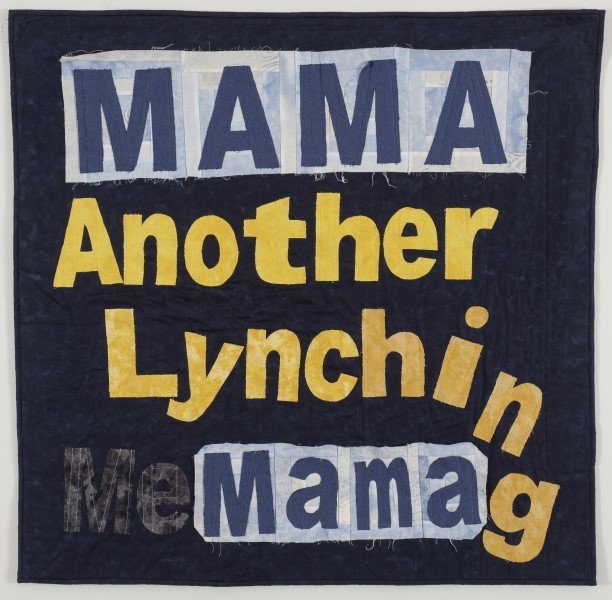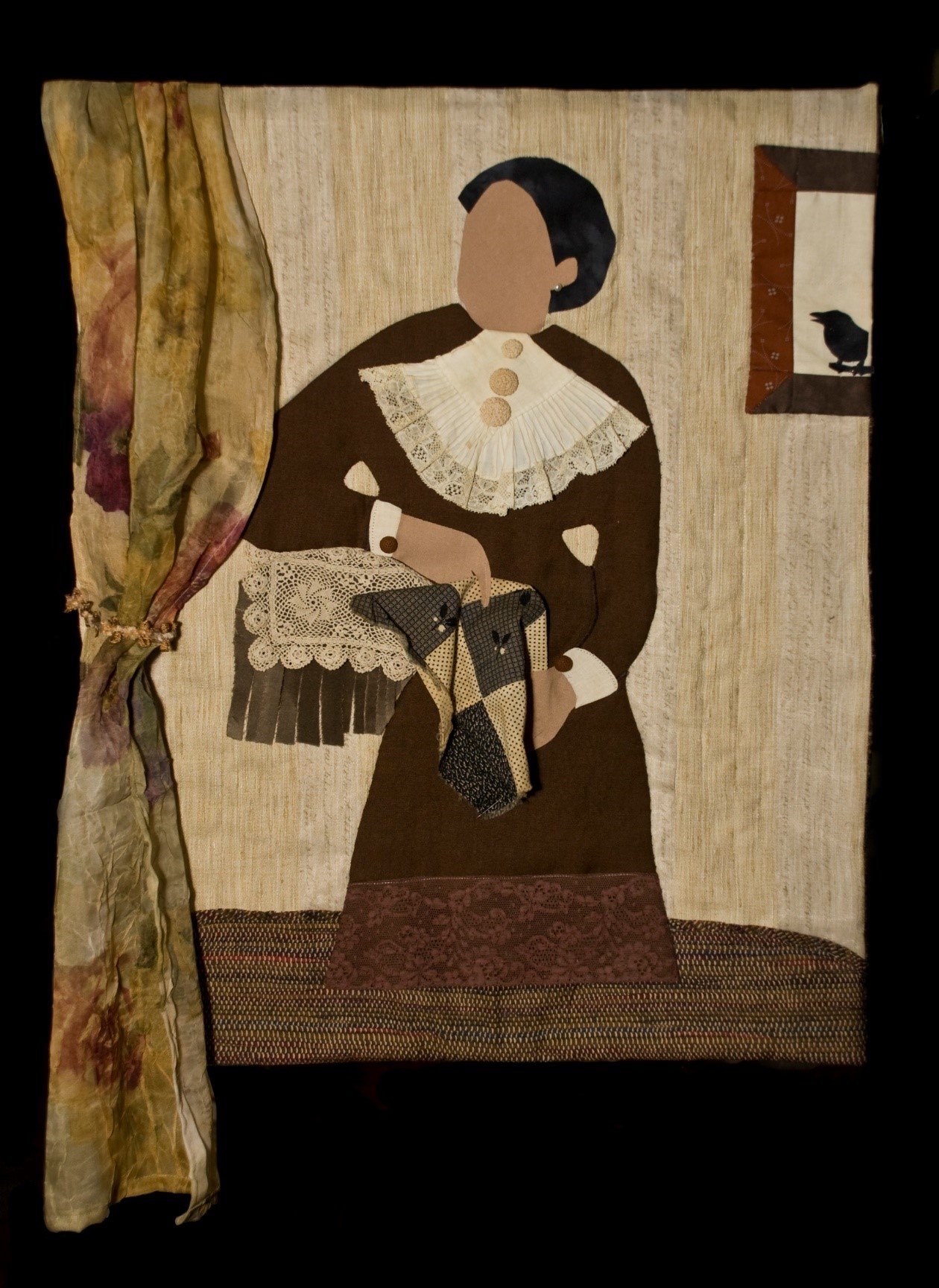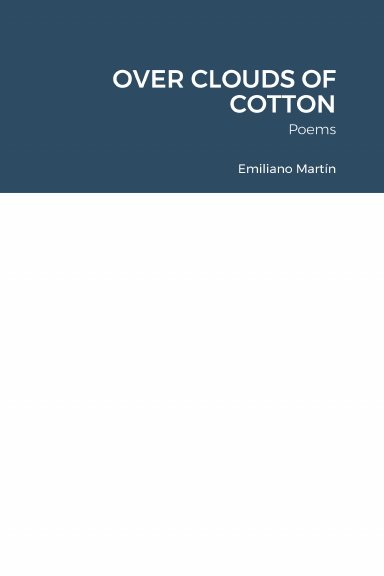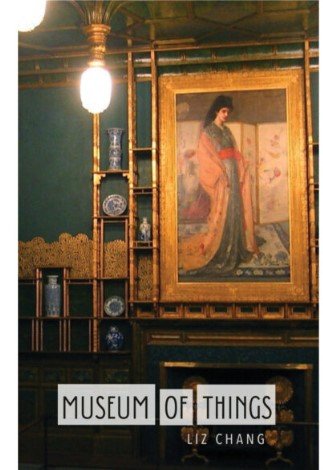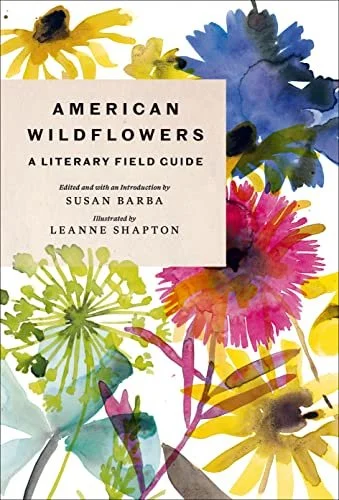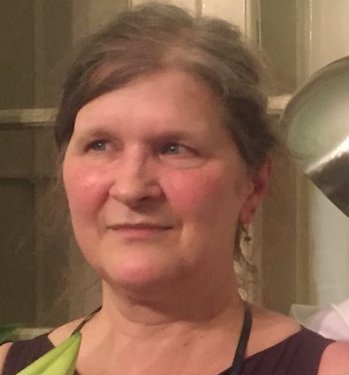Ekphrasis: Poems and Art
Welcome to a new Mad Poets blog, to be offered quarterly.
It’s a pleasure to write about the relationship between poetry and other art forms, to examine ways that a various creative arts relate to each other.
The term ekphrasis can be defined narrowly as writing that describes a work of art in another medium-- paintings, music, photography sculpture and the like. It can also refer more broadly to the alchemy that happens when one medium tries to define and relate to another. This could refer to poems inspired by the visual arts or music -- and also the reverse! To my mind, ekphrasis can also encompass hybrid works, like artists’ books, author/illustrator collaborations and graphic poems.
Many scholars have written about ekphrasis and there are great resources online. Though not scholar of the topic, I have had a practice of writing poetry and painting for many years. Both are essential to my creative life. These art forms interact, challenge each other and open up many questions and tensions.
My aim in this blog is to feature the work of various poets and artists, to let you know of interesting viewing opportunities and to provide some angles that might prompt your own writing.
Making It New: The Poems and Art of Catherine Bancroft
It’s an honor to feature Catherine Bancroft for this month’s ekphrasis blog. Her poetry and paintings are excellent and there is much to learn from her wisdom, from her many explorations of how these art forms interact.
Catherine’s recent prize-winning collection, The Square Where Ariadne Sleeps (2022), was the first to receive the AV Christie Series Chapbook Prize from Seven Kitchens Press. The contest’s judge, Nathalie Anderson bestows much praise: “The Square Where Ariadne Sleeps begins with artistry and mystery: the arrival of ‘a small package … marked Heavy’ that ‘spoke with the body of a woman’; the unexpected presentation of ‘a silver horse-shaped sewing machine’; the tantalizing promise of a chair that’s somehow not yet ready to be owned or sat in. Inexorably as dream, these poems anticipate, they yearn, they gesture towards a landscape of objects at once crucial and unreadable,”
cover image: Greek Woman by Catherine Bancroft
Catherine’s complex, nimble poems take up aging, yearning and loss while offering glimpses of memories, relationships, eros, joy and multiple perspectives. I admire how they swerve between elements of daily life and myth, how they speak to us through various voices.
Taking Our Time
I have furnished the space with my own small
bloom. Papers on a bed, clothes on a chair, books on a table.
It took longer than I thought
to gather them. The door opened.
A man and a woman with suitcases.
It’s check-in time for their room.
Their bewilderment.
The brown leaf still on the tree. A spring that hasn’t come.
They stood in the doorway watching me.
I stashed quickly what was left.
I tried in vain to smooth the bedspread. They’d seen
the wrinkles my body made. We used up Eden.
We who were supposed to leave by noon.
There’s no time to lose we can’t go on as we have been, Jane Fonda said.
The host asked her, Can someone be too old for Fire Drill Friday?
I’ll be 82 on December 21st for God’s sake, she said.
A woman in her nineties who was blind and in a wheelchair got arrested with us.
We’ve used up the sample soaps, left hairs in the sink.
The garden needs time to reset itself for the next to come.
Come leave what you’re doing, they call from downstairs.
Whose voice is it calling? Doesn’t matter.
Come leave what you’re doing, it’s time,
There is a collaged quality to some of her poems and Catherine relates this to techniques in her visual art. Cutting paper for collages contributed to a freedom in abstracting shapes in her acrylic portraits. She also experimented making artists’ books, which she found to be liberating. When younger, she reports having been a “worshiper of books” who would never think of desecrating one, but letting herself cut and rearrange words and images to create an artist’s book from an old text about roses released a joyous sense of “making it new,” joining together what had been kept apart. I see this quality in the texts of her poems, in their dreamlike elements and various voices.
Catherine is very interested in the power of dreams and referred me to psychologist Carl Jung’s Red Book, his notebook of dream illustrations. Of her writing process, she shares that sometimes she “…..takes a dream, lets it walk in the world and be porous. Dreams are a good counterpoint to the oppressiveness of society, the narrowness. They blow it all open and make you question your attitudes.”
Once a teacher of English and history in Philadelphia who pursued PhD studies, Catherine wrote book reviews for The Philadelphia Inquirer, The New York Times, and Ms. Magazine. She began making collages while taking courses at the Main Line Art Center, and wrote two children’s books with an illustrator friend, Hannah Coale, Felix’s Hat and That’s Philomena! More recently, Catherine has exhibited paintings at many venues, such as: Muse Gallery, 3rd Street Gallery, Saint Asaph’s Gallery, DaVinci Art Alliance, the Fackenthal-Pethick Gallery in Bryn Mawr, and the FireWorks Gallery in Camden. In 2022, Gladwyne’s Waverley Gallery featured a series of her poignant paintings based on photos of immigrants, Lest We Forget: Ellis Island Revisited. I keep these images in my mind’s eye as I read her poems.
From The Ellis Island Series by Catherine Bancroft http://www.catherinebancroft.cullina.com/
Matisse
When my father traveled to Europe, when my mother died, when he
fled sorrow.
When he bought into a group tour which he’d never done,
he brought back notecards – thick, good quality, dozens of them
from one artist, Matisse, from one place, Venice. As if nothing else
had wanted him.
I found them in a bursting envelope after he died.
A virgin mother and her child.
Sketches untamed.
Smudge charcoal studies for windows of
stained glass commissioned
by the nun who had been Matisse’s model.
Mother with her exuberant son.
The sun leaping.
He fingered them while his fellow tourists shopped.
He was touching her, them, the women who loved him.
She who let him leap as a baby upon the knee.
She who at a dance leapt in his eyes.
I admire Catherine’s brilliance and inventiveness, how her paintings and texts journey through myth and history, through objects and memory. She is a consummate maker who shares her wisdom and keeps experimenting. We have much to learn from her. I urge you to read her most recent, wonderful book.
We Are Makers
Sometimes slight preoccupied squawks. And I,
thyroid pill, rose-colored cup, pattering slippers,
in the night diary writing. Stow findings in the nest.
Thin window between.
One time I stood on the stool and slowly, gently lifted the shade.
Beak against metal, god knows it’s winter, black head, fate of the air
conditioner, any eggs.
We make homes for ourselves for many reasons in the cold season.
I hold my breath, listen to you.
To learn more, visit:
www.catherinebancroft.cullina.com
https://www.thesunlightpress.com/2019/09/15/a-conversation-with-artist-catherine-bancroft/
https://phillycam.org/show/2023/philly-loves-poetry/catherine-bancroft
Cathleen Cohen was the 2019 Poet Laureate of Montgomery County, PA. A painter and teacher, she founded the We the Poets program at ArtWell, an arts education non-profit in Philadelphia (www.theartwell.org). Her poems appear in journals such as Apiary, Baltimore Review, Cagibi, East Coast Ink, 6ix, North of Oxford, One Art, Passager, Philadelphia Stories, Rockvale Review and Rogue Agent. Camera Obscura (chapbook, Moonstone Press), appeared in 2017 and Etching the Ghost (Atmosphere Press), was published in 2021. She received the Interfaith Relations Award from the Montgomery County PA Human Rights Commission and the Public Service Award from National Association of Poetry Therapy. Her paintings are on view at Cerulean Arts Gallery. To learn more about her work, visit www.cathleencohenart.com.


